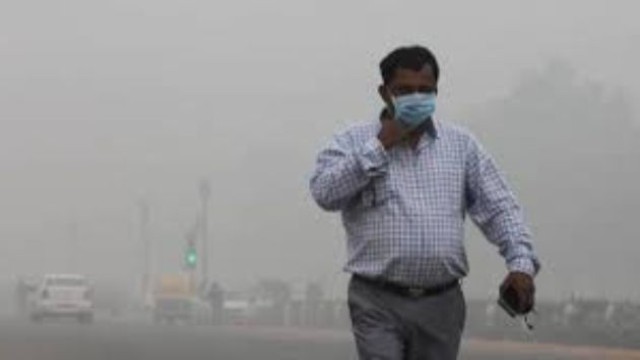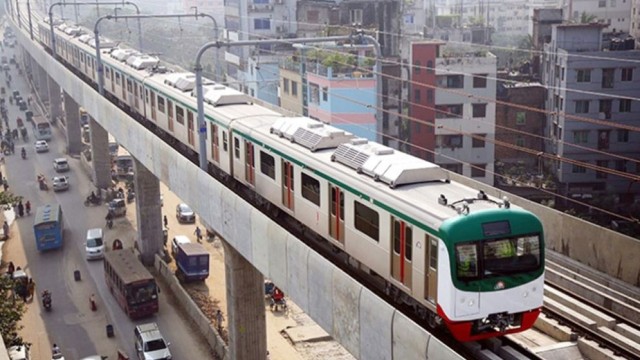Dhaka's air quality remains a pressing concern, as the city ranked 7th on the global list of cities with the worst air quality, recording an AQI index of 153 at 9:00 am today. Classified as 'unhealthy', the air quality index serves as a crucial tool in informing residents about the cleanliness or pollution levels in the air and potential health risks associated with it.
India's Delhi, Nepal's Kathmandu, and China's Beijing occupied the top three spots on the list, highlighting the widespread issue of air pollution across the region. With an AQI value ranging from 101 to 150, Dhaka's air quality falls under the category of 'unhealthy for sensitive groups', indicating potential health risks for vulnerable populations.
The detrimental effects of air pollution are significant, as highlighted by the World Health Organization (WHO). Air pollution contributes to the premature deaths of millions worldwide each year, primarily due to increased risks of stroke, heart disease, respiratory illnesses, and lung cancer.
The AQI in Bangladesh considers various pollutants, including particulate matter (PM10 and PM2.5), NO2, CO, SO2, and ozone, to assess air quality accurately. Dhaka has been grappling with air pollution for an extended period, with pollution levels typically worsening during the winter months and improving during the monsoon season.































Comment: